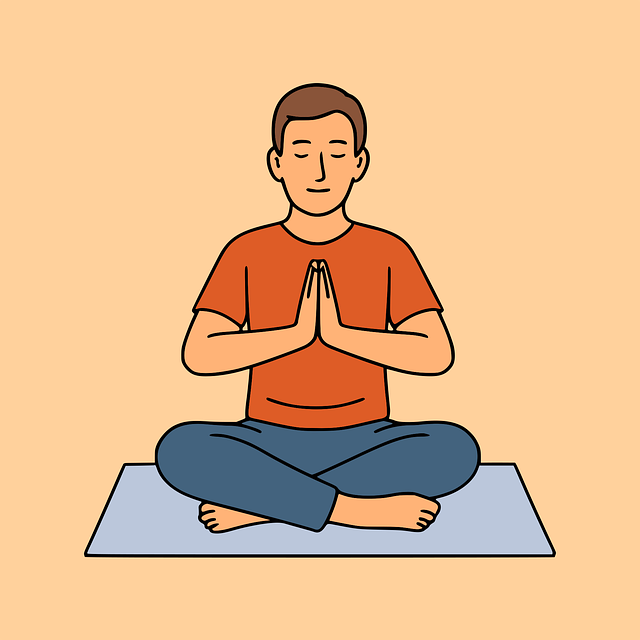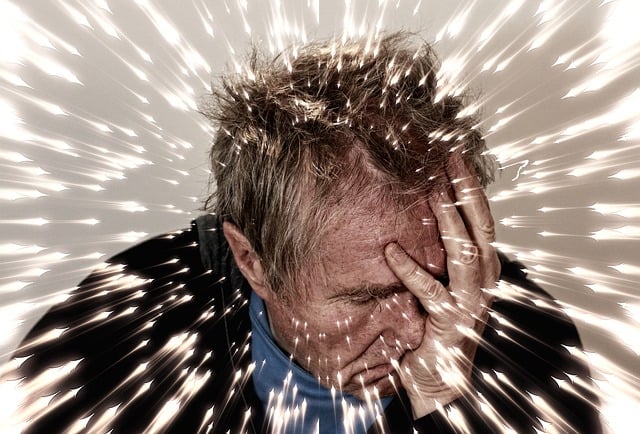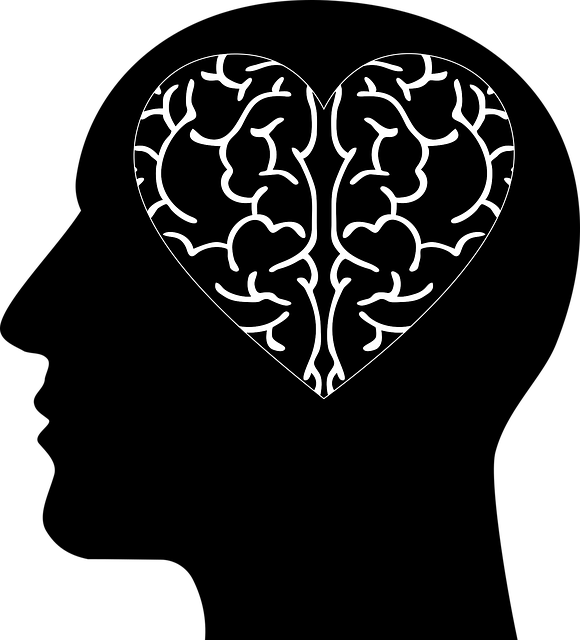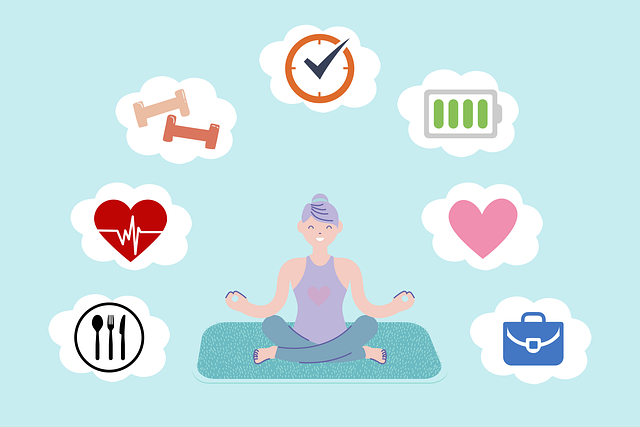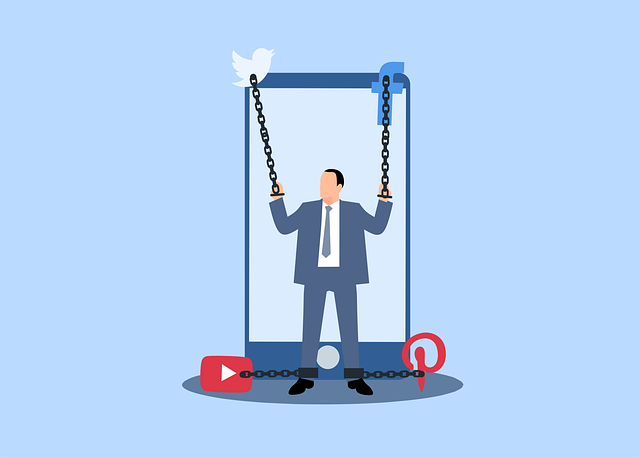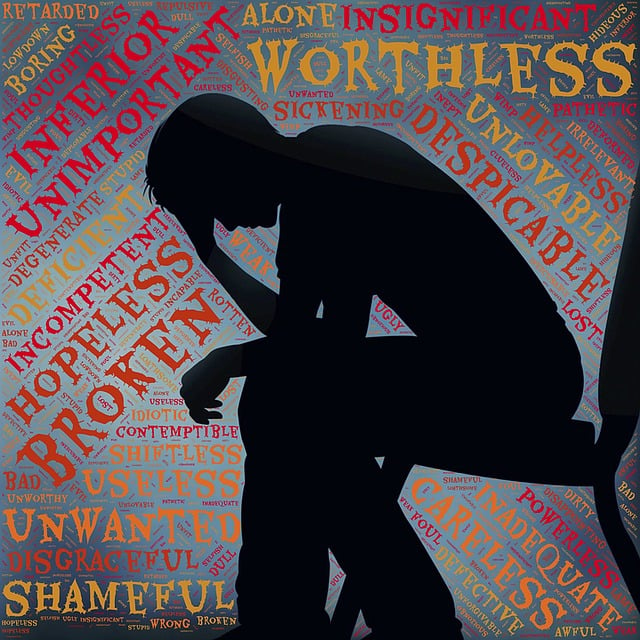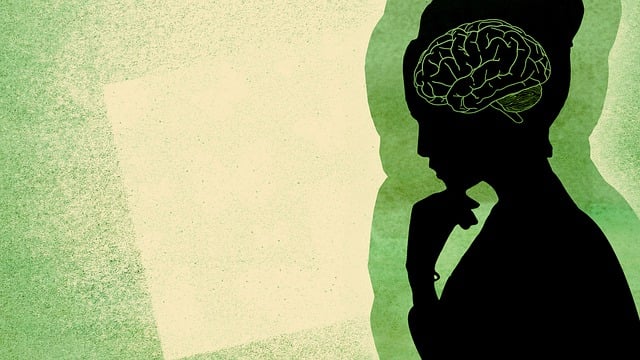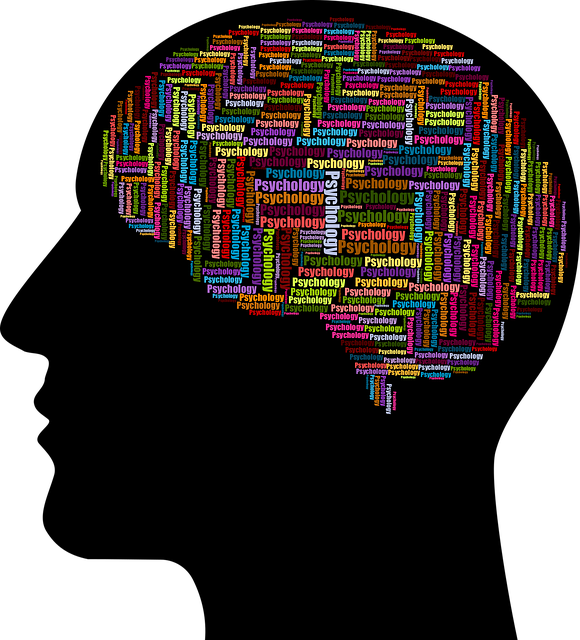Understanding the unique mental health needs of the elderly is vital for designing effective programs. As people age, they face challenges like social isolation, loss of loved ones, chronic illnesses, and cognitive decline, leading to stress and mental health disorders such as depression and anxiety. Effective therapy for elders should focus on stress management, conflict resolution techniques, confidence boosting, and engaging activities to enhance resilience and quality of life. Incorporating tailored stress management techniques addressing age-related stressors, social skills training fostering intergenerational connections, and self-care practices like gentle yoga or creative arts are key components. Cultural sensitivity ensures inclusivity in mental healthcare practices. Implementing comprehensive programs through community outreach initiatives and partnerships is crucial for preventing burnout among healthcare providers and promoting better mental well-being and intergenerational relationships.
Mental health education programs play a pivotal role in addressing the unique challenges faced by the elderly population. As our society ages, understanding and catering to their mental well-being are essential. This article explores the critical components of designing effective therapy programs tailored to elders, focusing on stress management as a key strategy. By delving into the specific needs and stressors of this demographic, we can create inclusive initiatives that foster resilience and overall mental health in older adults.
- Understanding Elderly Mental Health Needs and Stressors
- Components of an Effective Therapy for Elders Program
- Implementation Strategies for Stress Management Education
Understanding Elderly Mental Health Needs and Stressors

Understanding the mental health needs of the elderly is a critical step in designing effective programs. As people age, they may face unique challenges that impact their psychological well-being. These include social isolation, loss of loved ones, chronic illnesses, and cognitive decline. Many elders also struggle with adapting to technological advancements, which can exacerbate feelings of detachment from society. Stress management is a key aspect of addressing these issues, as chronic stress can lead to various mental health disorders such as depression and anxiety.
Therapy for elders should focus on providing them with tools for coping with daily stressors and promoting overall resilience. This can involve teaching conflict resolution techniques to navigate interpersonal challenges, especially in care settings. Boosting confidence and fostering a sense of purpose through engaging activities can also prevent burnout and enhance their quality of life. Additionally, incorporating strategies to manage and reduce stress will be beneficial in supporting the mental health and well-being of this demographic.
Components of an Effective Therapy for Elders Program

An effective therapy for elders program should incorporate several key components to address the unique mental health needs of older adults. Firstly, stress management techniques tailored to their experiences and lifestyle are crucial. This can include mindfulness practices, relaxation exercises, and coping strategies that help navigate age-related stressors like loneliness, loss, or physical health challenges.
Additionally, integrating social skills training facilitates intergenerational connections, combats social isolation, and promotes a sense of belonging. Encouraging participation in community activities and fostering peer support groups can enhance mental well-being. Equally important is incorporating self-care practices that cater to the specific needs and interests of elders, such as gentle yoga, creative arts, or gardening, thereby empowering them to maintain their mental health proactively. Cultural sensitivity in mental healthcare practice should also be a cornerstone, ensuring programs are inclusive and respectful of diverse backgrounds, beliefs, and values.
Implementation Strategies for Stress Management Education

Implementing a comprehensive stress management education program tailored to older adults requires strategic planning and diverse approaches. One effective strategy is integrating therapy for elders, such as mindfulness or cognitive-behavioral techniques, into community outreach programs. These initiatives can be delivered through workshops, group sessions, or even virtual platforms, making them accessible to a wide range of participants.
Additionally, incorporating burnout prevention strategies for healthcare providers and conflict resolution techniques within the program can create a supportive environment. By teaching older adults and caregiving staff alike how to manage stress and resolve conflicts, these programs foster better mental well-being and enhance intergenerational relationships. Community partnerships and collaborative efforts are key to successful implementation, ensuring a holistic approach to addressing the unique mental health challenges faced by this demographic.
Mental health education programs focused on elderly stress management are vital tools for enhancing quality of life and overall well-being. By understanding the unique needs and stressors of older adults, we can design effective interventions that promote resilience and coping strategies. Integrating evidence-based practices and utilizing a multi-faceted approach, as outlined in this article, ensures a comprehensive and impactful therapy for elders program. Through strategic implementation, these programs can foster supportive environments, empower seniors to manage stress, and ultimately contribute to happier and healthier aging.


